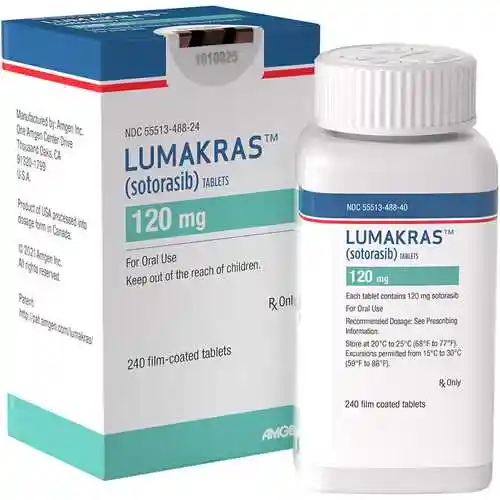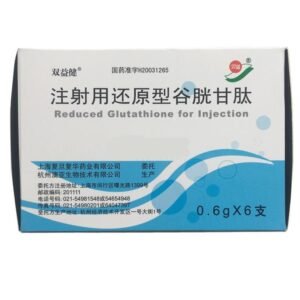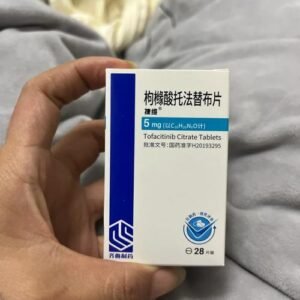LUMAKRAS SOTORASIB 索托拉西布
Sotorasib is a targeted drug targeting the KRAS G12C mutation, primarily used to treat patients with solid tumors such as advanced non-small cell lung cancer (NSCLC) harboring this mutation. It irreversibly binds to the mutant protein, inhibiting tumor growth signaling pathways. As the first approved oral targeted drug for the KRAS mutation, it offers a new option for patients whose previous treatments have failed.
I. Mechanism of Action and Indications
KRAS gene mutations are common driver mutations in cancer, particularly in non-small cell lung cancer (approximately 13%) and colorectal cancer (approximately 3-5%). Previously, targeting the KRAS protein was difficult due to its smooth surface. The development of sotorasib overcomes this difficulty.
Mechanism of Action: Sotorasib targets the “switch II” region of the KRAS G12C mutant protein, locking it in an inactive state and blocking downstream cancer-promoting signaling (such as the MAPK pathway). Indications: Received accelerated FDA approval in 2021 for adult patients with locally advanced or metastatic NSCLC harboring the KRAS G12C mutation who have failed at least one prior systemic therapy.
II. Clinical Efficacy and Safety
Efficacy Data:
Monotherapy: In the CodeBreaK 100 clinical trial, the objective response rate (ORR) was approximately 37.1%, the median progression-free survival (PFS) was 6.8 months, and the median overall survival (OS) was 12.5 months.
Combination Therapy: Exploring combination with immune checkpoint inhibitors or MEK inhibitors may enhance efficacy.
Adverse Reactions:
Common reactions: Diarrhea (31%), nausea (19%), and abnormal liver function (elevated ALT/AST), most of which were Grade 1-2.
Severe Reactions: Approximately 20% of patients experienced Grade 3-4 adverse reactions, requiring dose adjustment or drug interruption based on symptoms. III. Precautions
Genetic Testing: Confirm the presence of the KRAS G12C mutation via tissue or liquid biopsy before use.
Dosage and Administration: The recommended dose is 960 mg orally daily, taken on an empty stomach (1 hour before or 2 hours after meals).
Monitoring Requirements:
Regularly monitor liver function before and during treatment. If ALT/AST levels rise to Grade 3 or above, discontinue treatment.
Pay attention to gastrointestinal reactions and provide symptomatic supportive care as necessary.
IV. Limitations and Research Directions
Drug Resistance: Some patients develop acquired drug resistance within months of treatment. The mechanism may involve secondary mutations (such as KRAS Y96D) or activation of bypass signaling pathways.
Optimization Strategies:
Explore combination regimens with SHP2 inhibitors, EGFR inhibitors, and others.
Develop next-generation KRAS inhibitors (such as Adagrasib) to overcome drug resistance. V. Summary
Sotolacib marks a major breakthrough in advancing KRAS-targeted therapy from “undruggable” status to clinical application, providing survival benefits for patients with specific mutations. Future work is needed to further optimize dosing strategies, expand indications, and explore more precise solutions for drug resistance.
See more
Share:
Products
Our offers
Health Classification
Let us work together to protect precious health




























